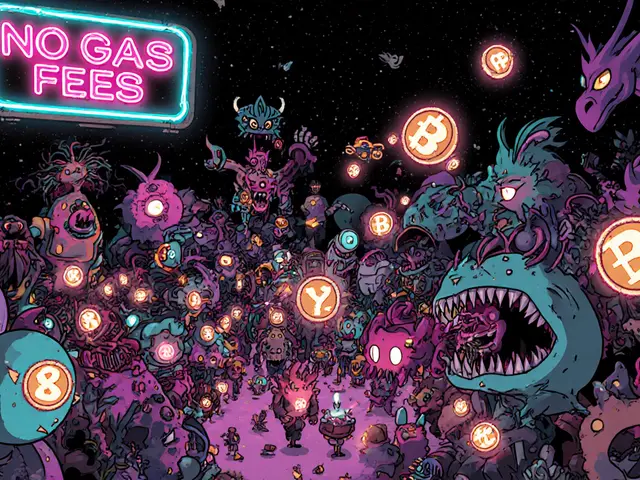Trading Bots: What They Are, How They Work, and What You Should Know
When you hear trading bots, automated software programs that execute trades on crypto exchanges based on predefined rules. Also known as algorithmic trading systems, they don’t guess the market—they follow logic, speed, and data. But not all bots are created equal. Some help traders save time and avoid emotional mistakes. Others drain accounts because they’re built on bad data or run on shady platforms.
These bots rely on crypto exchanges, platforms where buyers and sellers trade digital assets. Also known as crypto trading platforms, they’re the foundation—without low fees, fast execution, and real-time data, even the best bot fails. That’s why reviews of exchanges like COREDAX, a regulated South Korean exchange with local bank support or Xcalibra, a niche platform focused on Safex Cash and compliance matter so much. A bot can’t work well if the exchange is slow, blocked, or outright fake—like Armoney, a misspelled name tied to scams like BTC Armani Nova, or CreekEx, a known fraud site designed to steal funds.
Trading bots also connect to DeFi trading, automated strategies on decentralized platforms like Ref Finance or SushiSwap. But here’s the catch: bots on low-liquidity DEXs, like SushiSwap on Arbitrum Nova, often get stuck. They place orders that never fill, or they trigger trades that lose money because no one else is trading. You can’t automate success if the market is dead. That’s why some of the most useful posts here aren’t about bot settings—they’re about spotting dead platforms, abandoned tokens like Flowmatic ($FM), or fake airdrops that look like opportunities but lead nowhere.
What you’ll find in this collection isn’t a list of the "best" bots. It’s a reality check. People lost money chasing bots on exchanges that didn’t exist. Others got burned by tokens with zero volume, thinking their bot would turn junk into gold. You’ll see how Nigerian, Bangladeshi, and Indonesian traders adapt bots under legal restrictions. You’ll learn why Korean traders need local exchanges, and why a bot on a platform like Woof Finance is just a path to a scam. This isn’t theory. It’s what happened. And if you’re using or thinking about using a trading bot, you need to know the difference between a tool that works and a trap that looks like one.





